Near-Earth Asteroid 99942 Apophis will be visible on Sunday. Some say it could ultimately destroy satellites and spaceships. The creators of the Unistellar eVscope telescope are trying to marshal our defense.
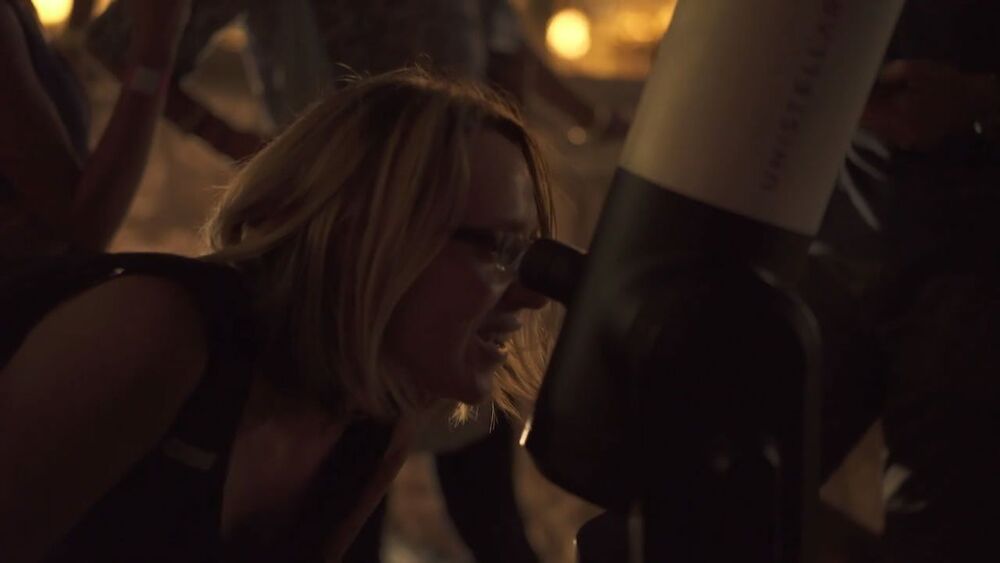

Near-Earth Asteroid 99942 Apophis will be visible on Sunday. Some say it could ultimately destroy satellites and spaceships. The creators of the Unistellar eVscope telescope are trying to marshal our defense.


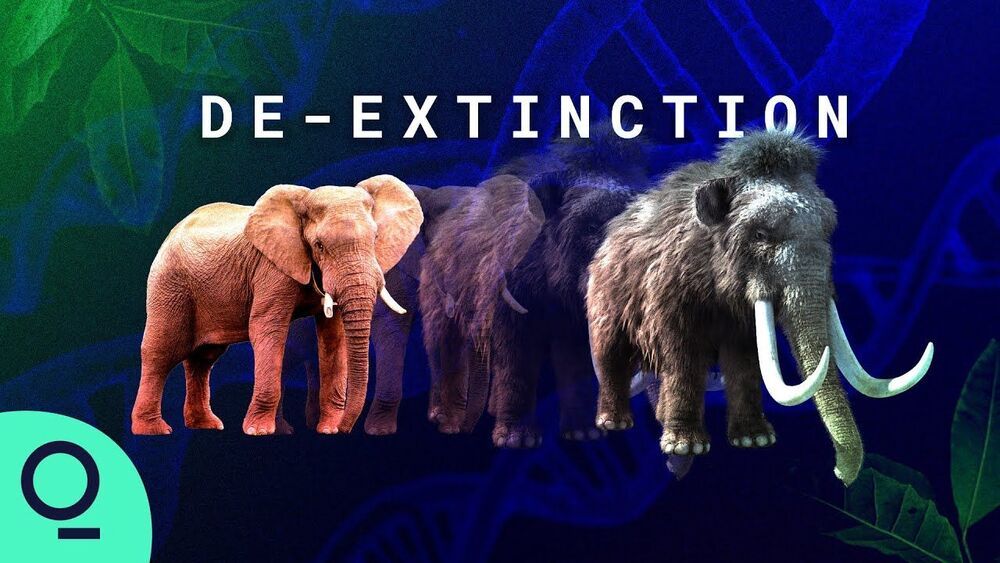
The human species has driven the planet’s biodiversity into an unprecedented decline, with as many as 1 million species at risk. Traditional conservation methods alone are struggling to offset the speed at which we’re losing species. Biotechnologies that have been developing in the wings are now being brought forward to potentially reverse the damage already done. Meet the scientist behind de-extinction.
#Moonshot #Science #BloombergQuicktake.
——-
Like this video? Subscribe: http://www.youtube.com/Bloomberg?sub_confirmation=1
QuickTake Originals is Bloomberg’s official premium video channel. We bring you insights and analysis from business, science, and technology experts who are shaping our future. We’re home to Hello World, Giant Leap, Storylines, and the series powering CityLab, Bloomberg Businessweek, Bloomberg Green, and much more.
Subscribe for business news, but not as you’ve known it: exclusive interviews, fascinating profiles, data-driven analysis, and the latest in tech innovation from around the world.
Visit our partner channel QuickTake News for breaking global news and insight in an instant.

Tensions are flaring between the powers of the world evoking many to ponder the worst. Yet some are already wondering how to manage a path to peace. Looks like that consideration needs a bit more work! Watch and find out!
Support my channel by clicking the links below (or copy and paste in your browser) and shopping with my partner programs:
See the Special Deals at My Patriot Supply: www.PrepWithGreg.com.
Awesome deals for long term food supplies!
Green Gregs has teamed up with True Leaf Market to bring you a great selection of seed for your spring planting. Check it out: http://www.pntrac.com/t/TUJGRklGSkJGTU1IS0hCRkpIRk1K
To join Green Greg’s Tribe movement email: [email protected].
Put Tribe in the Title.
To join the Freedom Restoration Foundation (FRF) email: [email protected].
Put Freedom in the Title.
FRF On FaceBook: https://www.facebook.com/groups/1017608155367475
FRF On MeWe: https://mewe.com/group/5f809034e1276c18d7f3497d.
Buy worms at: Shutting down temporarily (www.GreenGregs.com will be back)
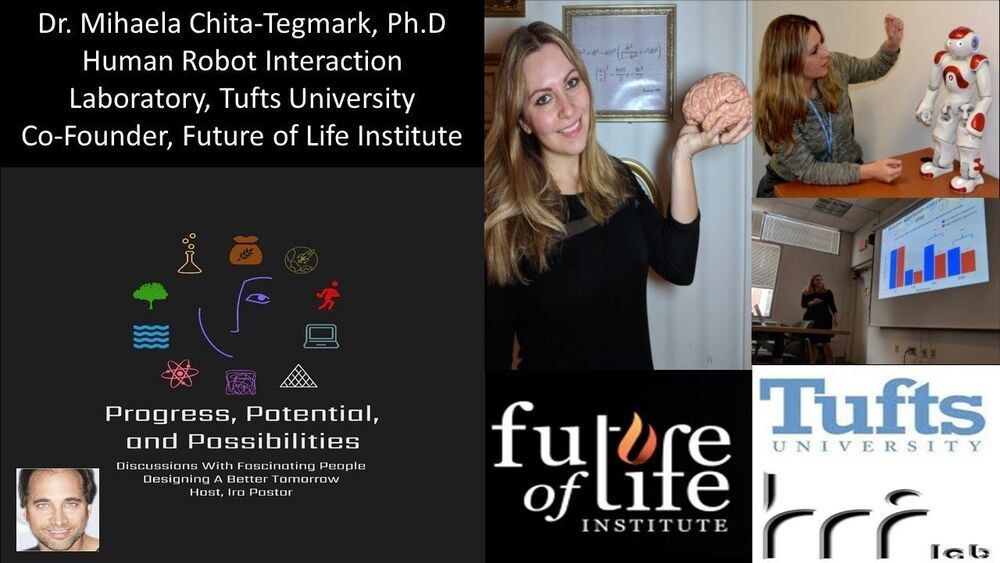
Is a postdoctoral scholar at Tufts University, where she conducts research in their Human Robot Interaction Lab (https://hrilab.tufts.edu/).
With a background in psychology and the social sciences, Dr. Chita-Tegmark is interested in topics at the intersection of technology and psychology, such as using artificial social agents in healthcare and the impact of such emerging technologies on human social interactions and well-being.
Dr. Chita-Tegmark has her Ph.D from Boston University in Psychology and Developmental Sciences, and she is an alumna of the Harvard Graduate School of Education, where she spent time studying role of social information in children’s lives, how social information influences the way children cooperate and engage in strategic decision-making, as well as on projects related to the development of social attention and language skills in children with Autism Spectrum Disorder (ASD).
Dr. Chita-Tegmark is also a Co-Founder of the Future of Life Institute (https://futureoflife.org/), a non-profit research institute and outreach organization that works to mitigate existential risks facing humanity, including those from advanced artificial intelligence (AI), to bio-engineering, to autonomous weapons, and to help promote positive uses of technology.

It is 100 seconds to midnight.
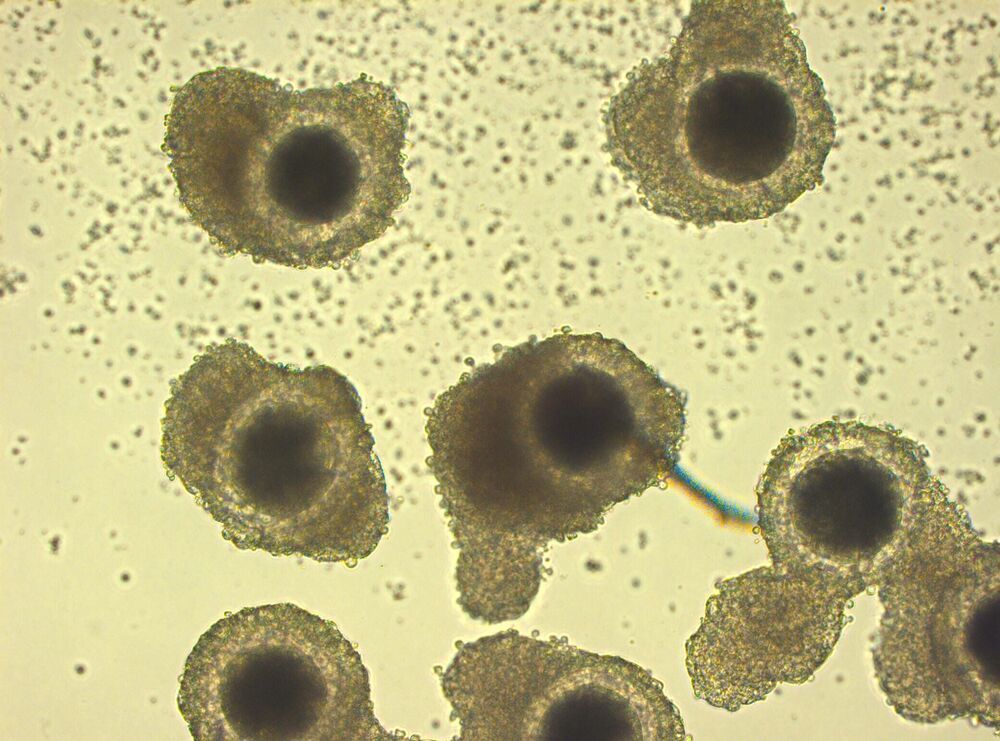
A team of scientists from the Leibniz Institute for Zoo and Wildlife Research (Leibniz-IZW) inGermany, Givskud Zoo–Zootopia in Denmark and the University of Milan in Italy succeeded in producing the very first African lionin-vitroembryos after the vitrification of immature oocytes. For this specific method of cryopreservation, oocytes are collected directly after an animal is castrated or deceased and immediately frozen at-196°C in liquid nitrogen. This technique allows the storage of oocytes of valuable animals for an unlimited time, so that they can be used to produce offspring with the help of assisted reproduction techniques. The aim is to further improve and apply these methods to save highly endangered species such as the Asiatic lion from extinction. The current research on African lions as a model species is an important step in this direction. The results are reported in the scientific journal Cryobiology.
Lion oocytes are presumed to be very sensitive to chilling due to their high lipid content, resulting in poor revival following slow cooling. Vitrification can circumvent this problem, as the cells are frozen at ultra-fast speeds in solutions with a very high concentration of cryoprotective agents. This method prevents the formation of ice crystals in the cells, which could destroy them, and enables them to remain intact for an unlimited time to allow their use later on.
For the present research, the scientists collected oocytes from four African lionesses from Givskud Zoo—Zootopia after the animals had been euthanised for the purpose of population management. Half of the oocytes (60) were vitrified instantly. After six days of storage in liquid nitrogen, the vitrified oocytes were thawed and subjected toin-vitromaturation in an incubator at 39°C for a total of 32–34 hours. The other half (59) were used as control group and directly subjected toin-vitromaturation without a step of vitrification. Mature oocytes of both groups were then fertilized with frozen-thawed sperm from African lion males. “We could demonstrate a high proportion of surviving and matured oocytes in the group of vitrified oocytes. Almost 50% of them had matured, a proportion similar to that in the control group,” says Jennifer Zahmel, scientist at the Department of Reproduction Biology at the Leibniz-IZW.
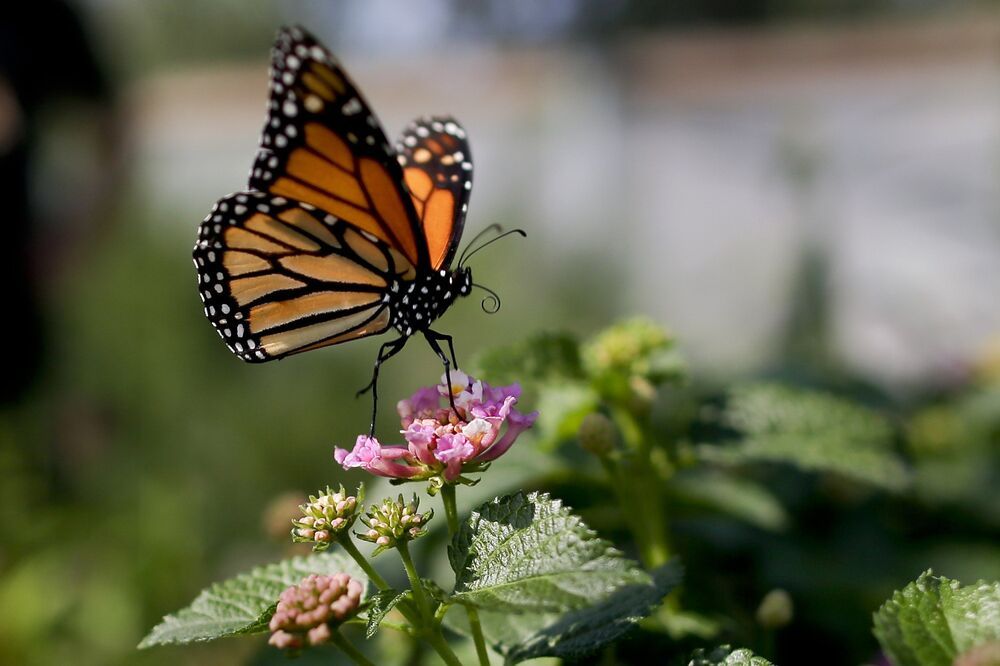
SAN FRANCISCO (AP) — The number of western monarch butterflies wintering along the California coast has plummeted precipitously to a record low, putting the orange-and-black insects closer to extinction, researchers announced Tuesday.
An annual winter count by the Xerces Society recorded fewer than 2000 butterflies, a massive decline from the tens of thousands tallied in recent years and the millions that clustered in trees from Northern California’s Marin County to San Diego County in the south in the 1980s.
Western monarch butterflies head south from the Pacific Northwest to California each winter, returning to the same places and even the same trees, where they cluster to keep warm. The monarchs generally arrive in California at the beginning of November and spread across the country once warmer weather arrives in March.

On Januray 25th, we will discuss different aspects of longtermism — a concept of effective altruism. To decide which ist the best action to take we usually consider the effects of our actions on the short-or medium-term future — whether we save someone’s life, or mitigate sexism or racism in the next generation. According to longtermism that is wildly mistaken. The value of our actions is determined almost exclusively by their effects on the future in the very long-run — the next millions and billions of years. Their effects on the next 100 or even 1000 years are just about irrelevant. Our everyday thinking is radically short-sighted, and common evaluations perhaps dramatically wrong. In this online meetup, we will look at a compelling justification for longtermism, at its historical roots, and some of its practical implications — e.g. concerning existential risks, or the idea that our time might be the most important in the history of humanity. Free discord session on 9:30 — 11:30 AM PST 11:30 — 13:30 AM DST.
What is the best action we can take? According to longtermism we should consider the effects on the future in the very long run — the next millions and billions of years — to answer this question.